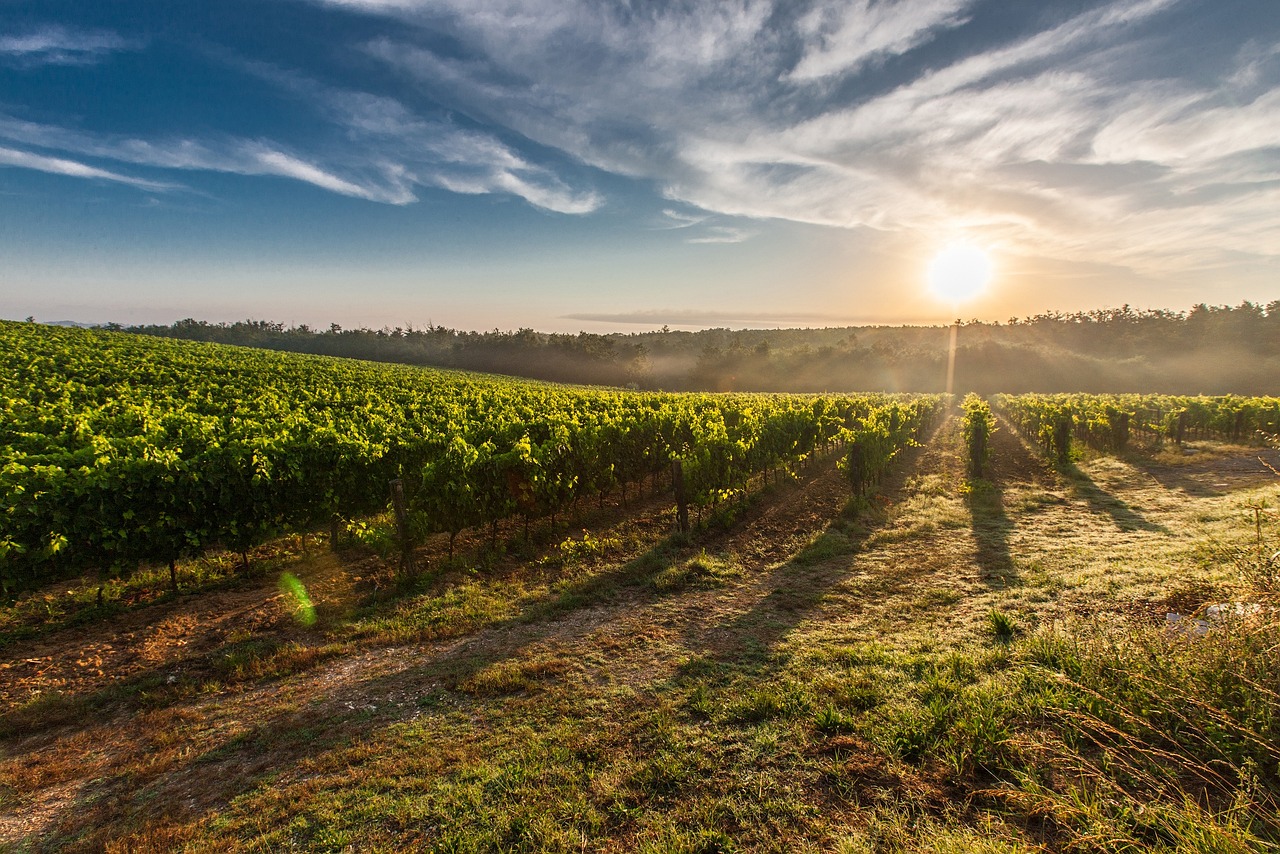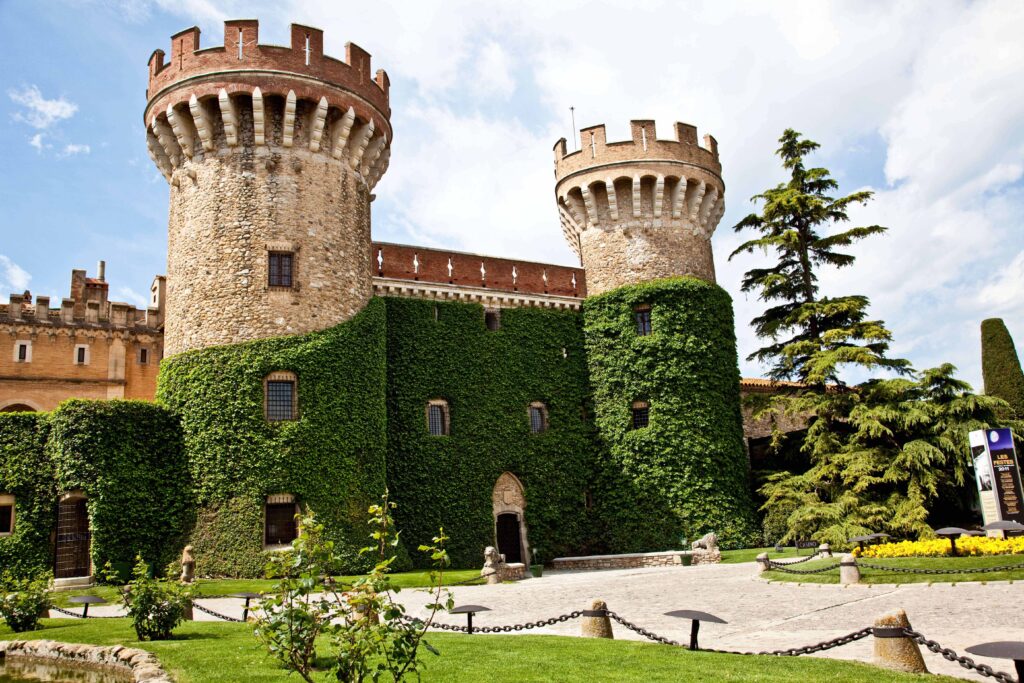Climate change is a pressing issue that is having a significant impact on various industries, including the wine production sector. With rising global temperatures, shifting weather patterns, and more frequent extreme events, winemakers around the world are facing new challenges and obstacles.
Carla Jiménez
Effects on Wine Production
1. Shifts in Growing Conditions
As temperatures rise, traditional wine-growing regions are experiencing changes in their climate conditions. This can lead to alterations in grape ripening times, affecting the quality and flavor profile of the wine produced.
2. Increased Risk of Pests and Diseases
Warmer temperatures create a more hospitable environment for pests and diseases that can harm grapevines. Winemakers must now contend with heightened risks of infestations and outbreaks, which can damage crops and reduce yields.
3. Water Scarcity
Changes in precipitation patterns and more frequent droughts are leading to water scarcity in many wine-producing regions. This places additional strain on vineyards that require sufficient water for irrigation and vine maintenance.
Challenges and Solutions
1. Sustainable Practices
To adapt to the changing climate, winemakers are increasingly turning to sustainable practices such as organic farming, water conservation measures, and biodiversity enhancement. These practices help mitigate the environmental impact of wine production and build resilience against climate change.
2. Innovation and Technology
Advancements in technology, such as precision viticulture and climate modeling, are enabling winemakers to better understand and respond to the effects of climate change. By leveraging these tools, producers can optimize their farming practices and minimize risks.
3. Experimentation with New Varieties
Some winemakers are exploring the cultivation of alternative grape varieties that are more resilient to changing climate conditions. By diversifying their vineyards, producers can hedge against potential losses due to climate-related challenges.
Climate change poses significant challenges to the wine production industry, requiring stakeholders to adopt proactive measures and innovative solutions to safeguard the future of viticulture. By embracing sustainability, harnessing technology, and fostering creativity, winemakers can navigate the complexities of a changing climate and continue to produce exceptional wines for generations to come.
Adapting to climate change is not only crucial for the wine industry’s survival but also essential for preserving the rich cultural heritage and traditions associated with winemaking.




